Study Shows Cardiac Fibrosis Reversal through Gene Targeting in Heart Failure Models
CCN5, a matricellular protein, has been found to reverse established cardiac fibrosis in heart failure models, according to a study led by Roger J. Hajjar, MD, Professor of Medicine and Director of the Cardiovascular Research Center at the Icahn School of Medicine at Mount Sinai, and Woo Jin Park, PhD, Professor of Life Sciences at the Gwangju Institute of Science and Technology (GIST), South Korea. This study was published online today in the Journal of American College of Cardiology (JACC).
Cardiac fibrosis occurs when healthy cardiac cells are replaced with fibrous connective tissue, causing scarring and a stiffer and less compliant cardiac muscle. It is found to be an independent predictor for the progression of heart failure, which accounts for approximately 450,000 deaths per year in the United States. While there currently are no effective cardiac fibrosis therapies available, it is considered a valid target for treatment.
“Our research is the first to demonstrate the ability to reverse cardiac fibrosis in heart failure models by targeting a specific gene,” said Dr. Hajjar. “These findings demonstrate that CCN5 may provide a novel platform for the development of targeted anti-cardiac fibrosis therapies, which could benefit many patients with previously untreatable heart failure. At our Cardiovascular Research Center, we are dedicated to making significant strides in developing potential bench-to-bedside treatments for heart failure and other cardiovascular diseases.”
Here, Dr. Hajjar and his team, having already established that CCN5 is significantly lower in the myocardium of patients with severe heart failure, examined whether CCN5 can reverse cardiac fibrosis in experimental models. They induced extensive cardiac fibrosis in experimental animal models of heart failure, and then proceeded to transfer CCN5 to the hearts. Eight weeks later, the team examined the cellular and molecular effects.
The results revealed that CCN5 reversed cardiac fibrosis in the models. Researchers used trichrome staining and analysis of myofibroblast contents before and after CCN5 gene transfer to clearly show the reversal. Collectively, these data demonstrate that CCN5 could potentially be used for the development of new anti-cardiac fibrosis therapies.
“Since CCN5 is a secreted protein, we may be able to deliver the CCN5 protein itself rather than the CCN5 gene in the form of recombinant virus or stem cells that are engineered to express CCN5. The efficacy of these alternative approaches has yet to be tested, but they certainly deserve a serious consideration,” said Dr. Park.
The therapeutic efficacy of CCN5 continues to be investigated in pre-clinical models of heart failure with extensive fibrosis.
This research was funded by grants from the NIH and the Korean Government.
About the Mount Sinai Health System
Mount Sinai Health System is one of the largest academic medical systems in the New York metro area, with more than 43,000 employees working across eight hospitals, over 400 outpatient practices, nearly 300 labs, a school of nursing, and a leading school of medicine and graduate education. Mount Sinai advances health for all people, everywhere, by taking on the most complex health care challenges of our time — discovering and applying new scientific learning and knowledge; developing safer, more effective treatments; educating the next generation of medical leaders and innovators; and supporting local communities by delivering high-quality care to all who need it.
Through the integration of its hospitals, labs, and schools, Mount Sinai offers comprehensive health care solutions from birth through geriatrics, leveraging innovative approaches such as artificial intelligence and informatics while keeping patients’ medical and emotional needs at the center of all treatment. The Health System includes approximately 7,300 primary and specialty care physicians; 13 joint-venture outpatient surgery centers throughout the five boroughs of New York City, Westchester, Long Island, and Florida; and more than 30 affiliated community health centers. We are consistently ranked by U.S. News & World Report's Best Hospitals, receiving high "Honor Roll" status, and are highly ranked: No. 1 in Geriatrics and top 20 in Cardiology/Heart Surgery, Diabetes/Endocrinology, Gastroenterology/GI Surgery, Neurology/Neurosurgery, Orthopedics, Pulmonology/Lung Surgery, Rehabilitation, and Urology. New York Eye and Ear Infirmary of Mount Sinai is ranked No. 12 in Ophthalmology. U.S. News & World Report’s “Best Children’s Hospitals” ranks Mount Sinai Kravis Children's Hospital among the country’s best in several pediatric specialties.
For more information, visit https://www.mountsinai.org or find Mount Sinai on Facebook, Twitter and YouTube.
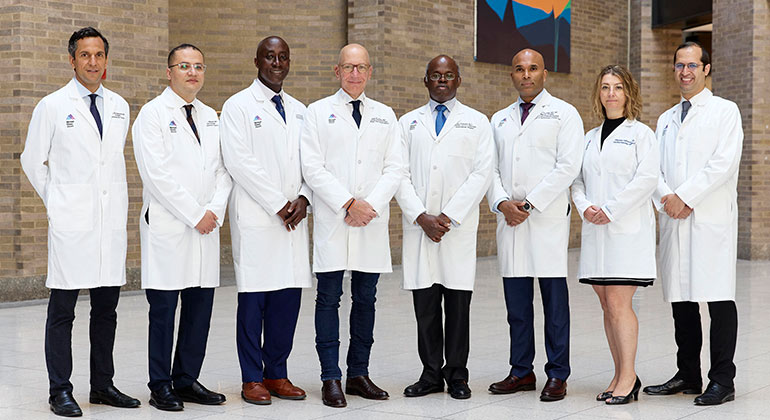

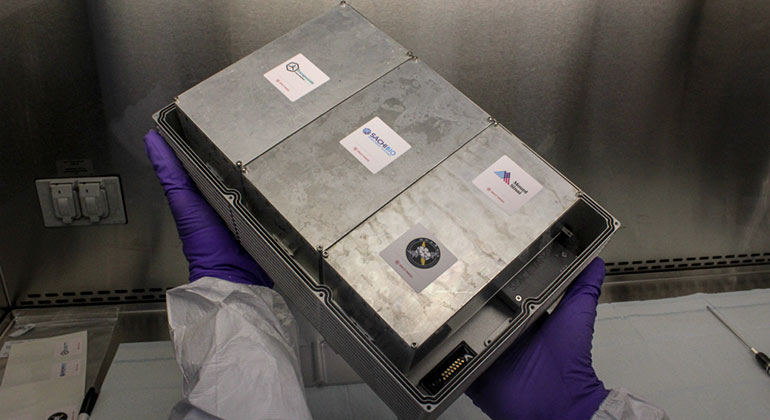
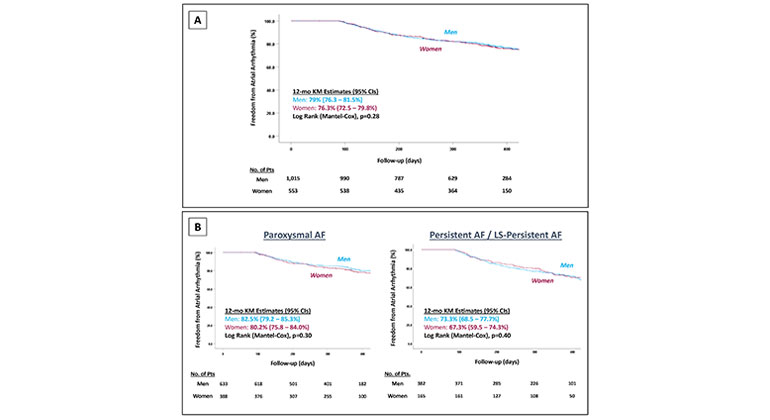
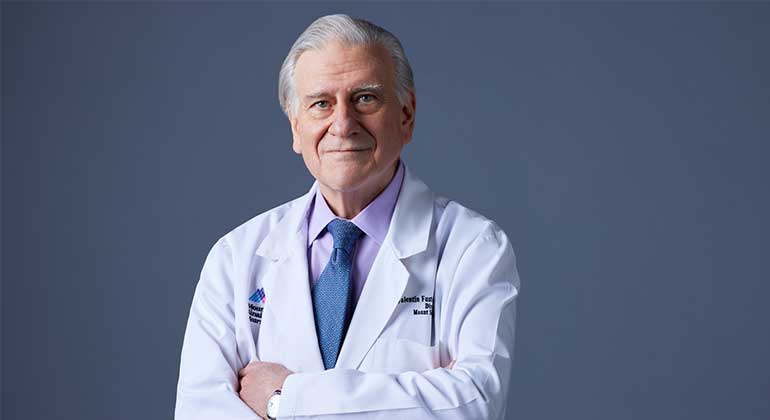

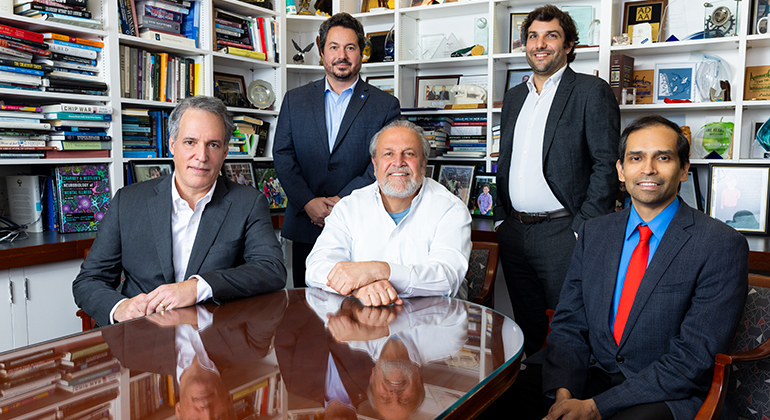
.jpg)
